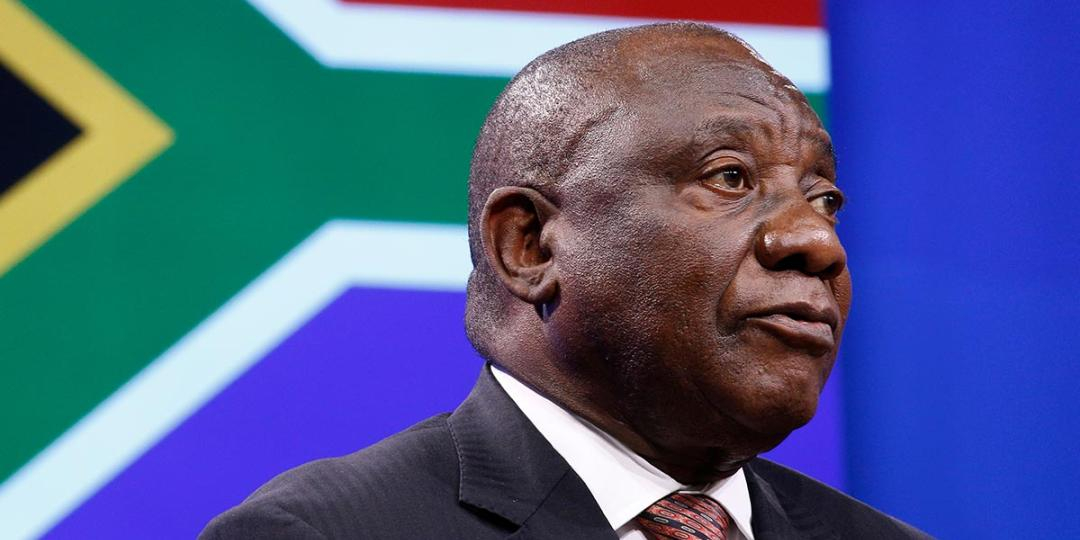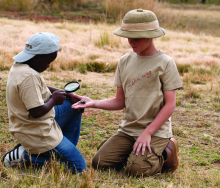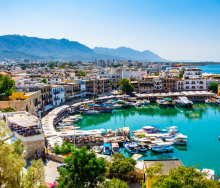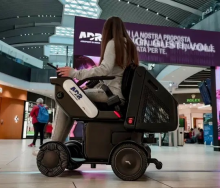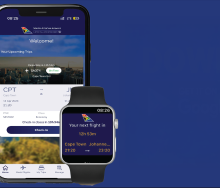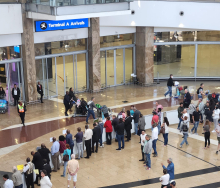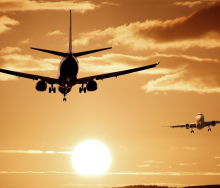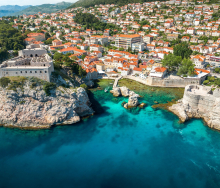Tourism industry associations have implored President Cyril Ramaphosa to remind South Africans of the important role that the industry has to play in economic growth and job creation. Ramaphosa’s State of the Nation Address (SONA) on Thursday (February 9) comes at a pivotal time for the sector, which is still dealing with significant blowback over the controversial Tottenham Hotspur sponsorship proposal.
“With the visibility that tourism has received in the past week, and sadly not of a positive nature, we would hope that President Ramaphosa uses the opportunity of SONA to highlight the positive role of tourism in the country’s economic growth and job creation,” said Lee-Anne Singer, FEDHASA Cape Chair.
Singer said, in light of the grave challenges facing the country, there was a need to assure South Africans of the importance of investment in tourism.
“This is to ensure that South Africans do not see investment in tourism as an unnecessary and unsympathetic trade-off against what they regard as spend on basic infrastructure, such as electricity, which is more urgently required. We would hope that distinction is clearly drawn focusing on the sector’s potential to help South Africans, so that government comes out strongly to state it is not just a nice-to-have ‘soft’ sector,” said Singer.
SATSA CEO, David Frost, stated his belief that recent events would not influence the contents of SONA, nor result in a change in the approach of the South African government to tourism.
“Our mantra has always been ‘control what we can control’ and, with that in mind, we’ll continue to forge ahead as a private sector with initiatives that we can proceed with – without relying on government – to empower our inbound tourism industry and represent their interests.”
Infrastructure challenges reach ‘untenable levels’
Like all South Africans, the tourism and hospitality sector will be eager to hear about plans to urgently address the country’s energy crisis. The hospitality sector has been severely affected by loadshedding, which is becoming an increasingly heavy burden for FEDHASA’s members to bear.
“The basic infrastructure failures that we are experiencing, as normal South Africans are, has reached untenable levels for our members. The investment in generators and fuel to deal with load shedding has added massive costs to hospitality providers to ensure a level of comfort for guests,” said Singer, adding that water supply issues were compounding the problems.
“What is needed is a parallel approach – fixing the immediate and urgent basic infrastructure issues that affect all South Africans while creating the enabling environment that helps amplifying industries, like tourism, to grow so that South Africa’s prospects are safeguarded.”
Job creation and red tape
Frost said, in addition to the basic infrastructure failures that directly impacted tourism businesses, a critical area that President Ramaphosa needed to focus on was job creation.
“It is regrettable that, despite repeated acknowledgement that tourism could be an important sector in delivering that job creation, very little is done to create the enabling environment needed to grow tourism. In fact, it is an industry that is hamstrung by considerable red tape,” said Frost.
Tshifhiwa Tshivhengwa, CEO of the Tourism Business Council of South Africa, highlighted the roll-out of the eVisa system, which has been hampered by backlogs, as a critical issue that the tourism industry would like to see addressed.
“We need to make sure that there is certainty around the system, that it is world-class and that it is launched in all the countries we have talked about and in those where it has not yet been launched,” said Tshivhengwa. He identified improvement of road infrastructure and energy security as additional points that needed to be addressed by Ramaphosa.
